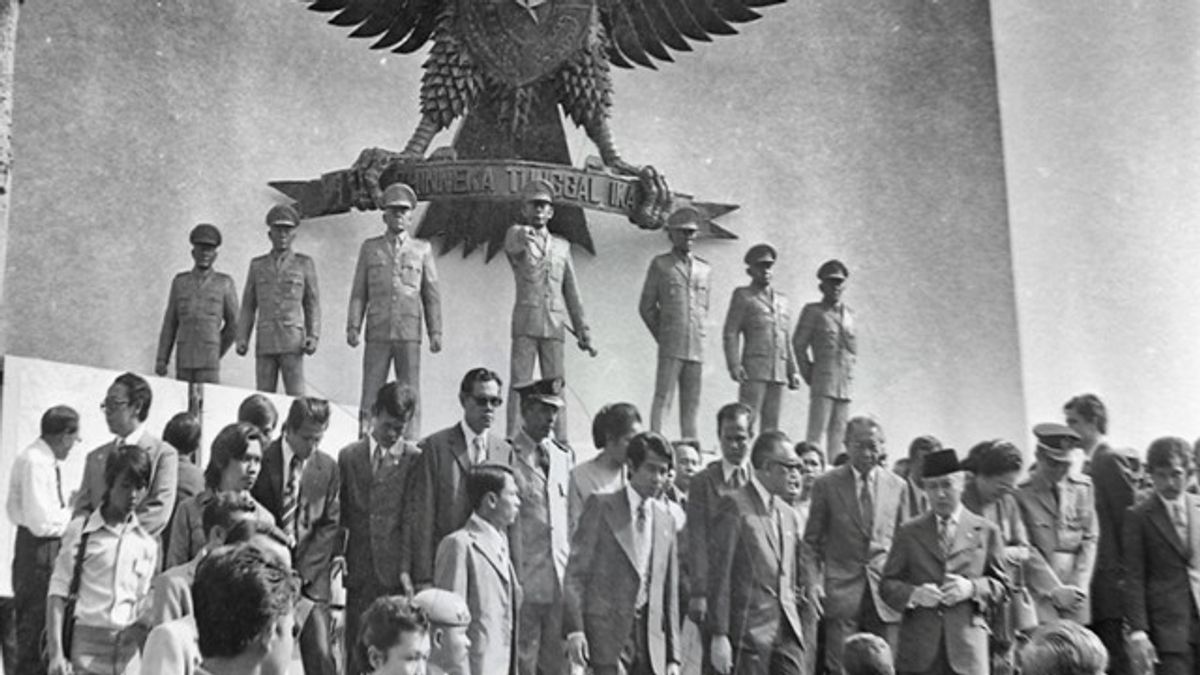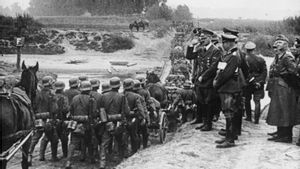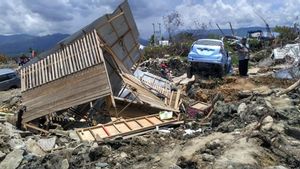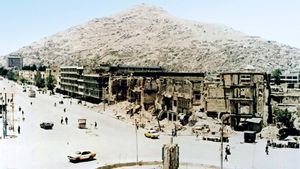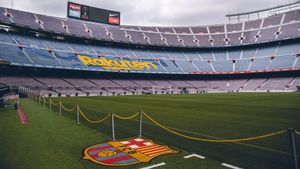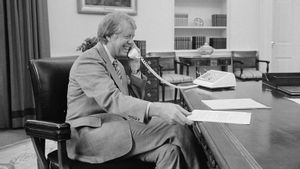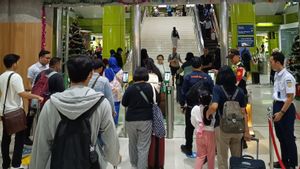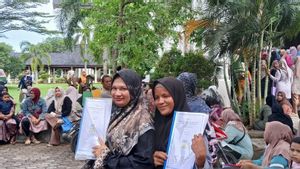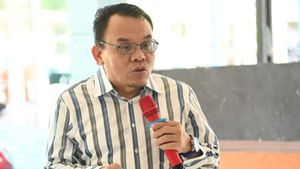JAKARTA - Every October 1, Indonesian people commemorate Kesaktian Pancasila Day. The determination of October 1 as the Kesaktian Pancasila Day cannot be separated from the events of September 30, 1965, or commonly known as G30S/PKI. In this incident, six generals and one army officer were killed.
The Kesaktian Pancasila Day was originally only commemorated by the Indonesian Army. They remember the death of their comrades and how the power of Pancasila was able to fight communism in Indonesia.
Suharto, who at that time served as the Main Minister of Defense and Security, issued a decree numbered Kep/B/134/1966 dated September 29, 1966. The letter ordered the Kesaktian Pancasila Day to be commemorated not only by the Army but by all elements of society.
The commemoration of the Kesaktian Pancasila Day was further strengthened by Decree No. 153/1967 which was issued by Suharto on 27 September 1967. The decree stated that the Kesaktian Pancasila Day was commemorated by all of Indonesia in a solemn and orderly manner.

Kesaktian Pancasila Day is also known as a sign of the struggle of the Indonesian people to uphold and defend the independence of the nation and state. According to the journal Peristiwa G-30-S/PKI di Balik Penetapan Hari Kesaktian Pancasila Tahun 1965 by Fitri Yanti, the Kesaktian Pancasila Day also allows the international community to assess how far the Indonesian people are willing to sacrifice and sacrifice in the struggle to defend, defend and achieve their goals, maintain and achieve the ideals of the Proclamation of Independence August 17, 1945. At the same time, it will be understood and proven why the Indonesian people rejected and opposed the communist teachings which became the ideology of the PKI.
There is a flag-raising ritual to commemorate the G30S event and the Kesaktian Pancasila Day. On September 30, the flag was raised to half-mast. Then the next day, October 1, to be exact, the flag was raised in full.
The flag flown at half-mast on September 30 was a sign of national mourning after the killing of six military officers. Meanwhile, on October 1, the flag was raised in full as a symbol of the victory of the “Kesaktian Pancasila” which was able to ward off the threat of communist ideology.
For 2021, the theme of the Kesaktian Pancasila Day Commemoration Ceremony is "Indonesia Tangguh Berlandaskan Pancasila". The ceremony will be held at the central level on Friday, October 1, 2021, at 08.00-08.30 WIB at the Pancasila Sakti Monument, Jalan Raya Pondok Gede Street, Lubang Buaya, East Jakarta.
Something's still wrong
Maybe there are still those who think that the Birthday of Pancasila and the Day of the Kesaktian Pancasila is the same commemoration. Even though they both have 'Pancasila', they are clearly different.
The commemoration of Pancasila's Birthday, which is on June 1, was once a polemic during the reign of President Soeharto. In 1970, the New Order government through the Command for the Restoration of Security and Order (Kopkamtib) banned the commemoration of June 1 as the Birthday of Pancasila.
Instead of commemorating the birth of Pancasila, the New Order emphasized the commemoration of the Kesaktian Pancasila Day. The birthday of Pancasila was not made a national day. Quoting Tempo, Information Minister, Ali Murtopo, stated that Kesaktian Pancasila Day covers many aspects, such as history, state administration, ideology, and culture.
Ali Murtopo also alluded to the September 1965 incident which he called the 'communist disaster' so that October 1 was commemorated as Kesaktian Pancasila Day. Even if there is a commemoration of the Birthday of Pancasila, said Ali, it is not from the government or the state.

Pancasila itself was first uttered by Soekarno on June 1, 1945, during the Dokuritsu Zyunbi Tjoosakai (Investigating Agency for Preparatory Work for Indonesian Independence/BPUPKI) trial. At that time, the formulation of the precepts was not as applicable today. Bung Karno offered five precepts consisting of Indonesian Nationality; Internationalism or Humanity; Consensus or Democracy; Social welfare; and God Almighty.
To quote the book Membongkar Manipulasi Sejarah; Kontroversi Pelaku dan Peristiwa, the commemoration of the Sanctity of Pancasila after the reform era also lost its magnetism. There is a reluctance of the public, including officials, to perform ceremonies, especially in the era of Megawati Soekarnoputri. This is understandable because that time was the beginning of Bung Karno's downfall.
In addition, the relevance of the commemoration of the Kesaktian Pancasila Day to the G30S was also questioned. The G30S is an attempt to seize power and has nothing to do with the greatness of Pancasila. The action failed because of the carelessness of the perpetrators in designing military strategies and implementing them in the field. Even today, it is also very rare to see the general public flying the flag at half-mast on October 1st.
*Read other information about TODAY's HISTORY or read other interesting articles from Putri Ainur Islam.
TODAY'S HISTORY More
SEE ALSO:
The English, Chinese, Japanese, Arabic, and French versions are automatically generated by the AI. So there may still be inaccuracies in translating, please always see Indonesian as our main language. (system supported by DigitalSiber.id)
